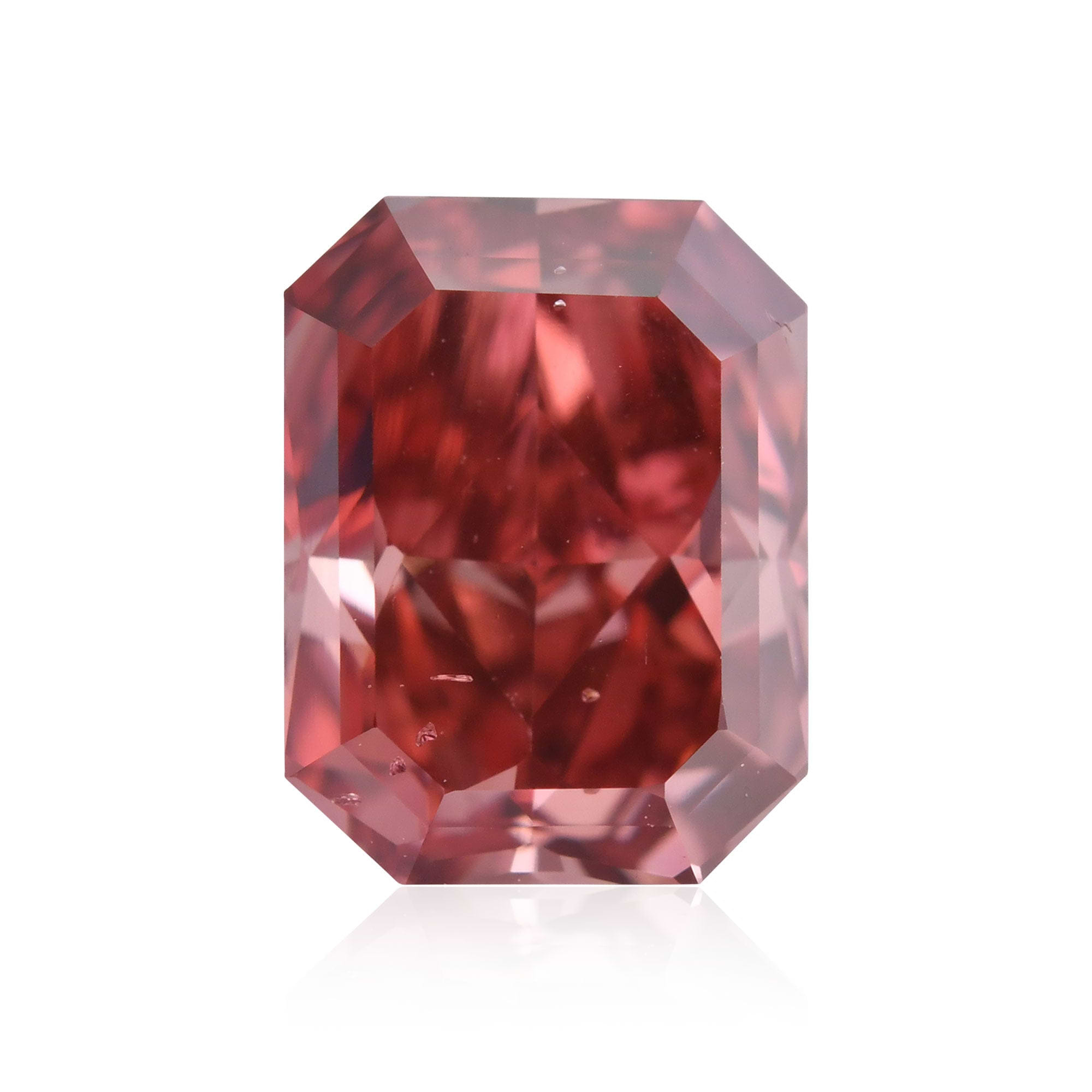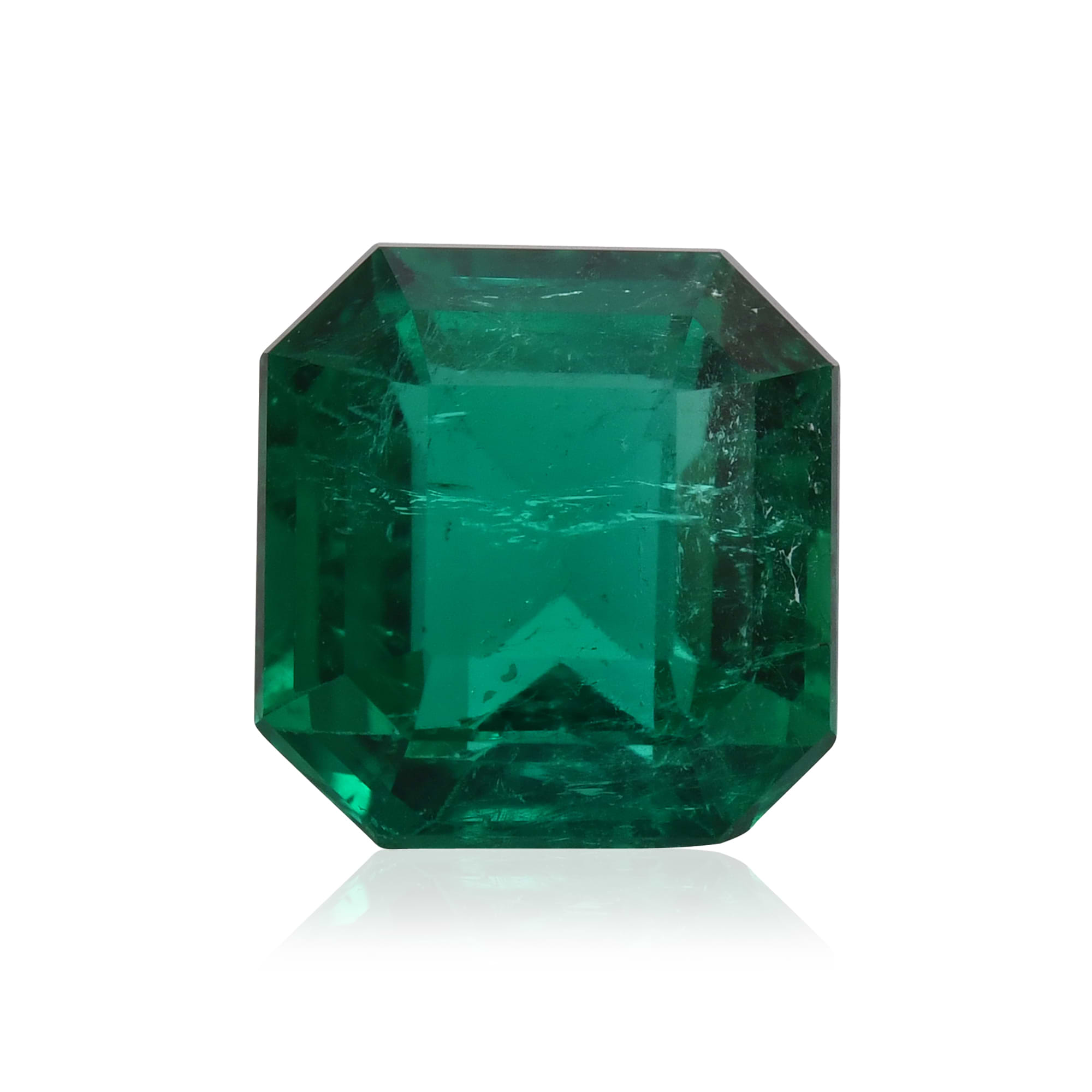LEIBISH EDUCATION CENTER

LEIBISH Wins 21 Lots in Rio Tinto’s Beyond Rare™ Historic Final Diamond Tender
Published on October 23, 2025 in
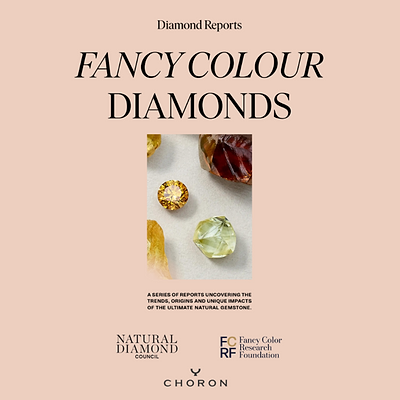
As Featured in the NDC Report: LEIBISH and the Legacy of Fancy Color Diamonds
Published on July 09, 2025 in
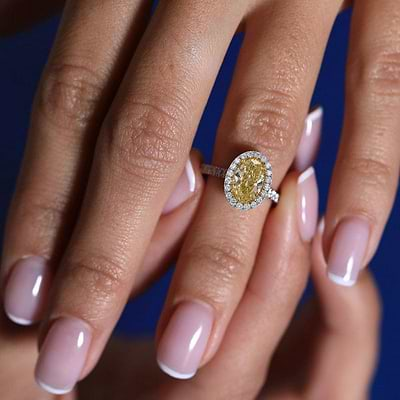
Wie viel ist ein 2-Karat-Diamantring wert? Vollständiger Kostenleitfaden
Published on December 24, 2024 in
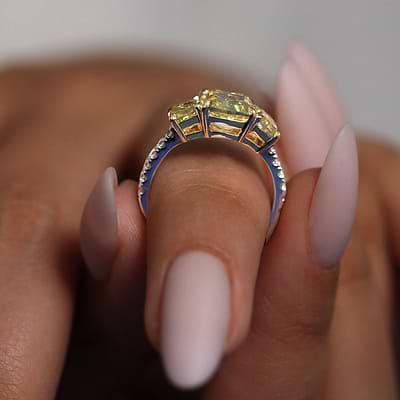
So verkaufen Sie einen Diamanten – wo, wie und was Sie wissen müssen
Published on December 11, 2024 in
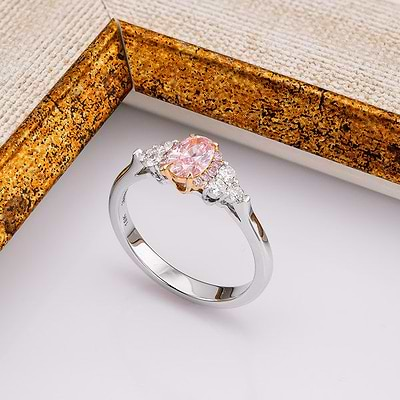
So messen Sie die Ringgröße zu Hause: Genauer Leitfaden zur Ringgröße mit Tabelle
Published on December 05, 2024 in
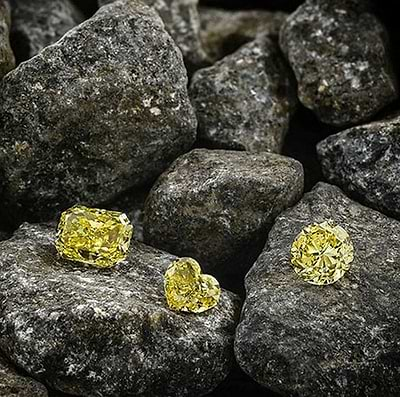
Diamantbegriffe und -terminologie: Wichtige Muster, Wörter und Beschreibungen
Published on December 04, 2024 in
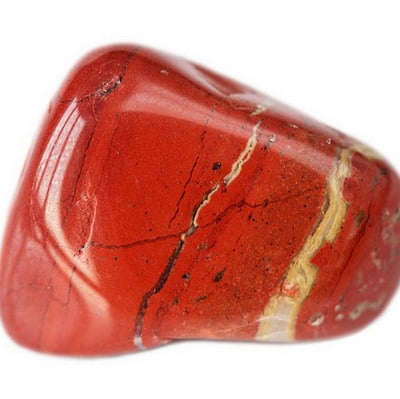
Häufig gestellte Fragen zu Jaspissteinen: Antworten auf alle Ihre Fragen zu Arten, Pflege, Wert und mehr
Published on December 02, 2024 in

25 interessante Fakten über Diamanten: Alles, was Sie wissen müssen
Published on December 02, 2024 in
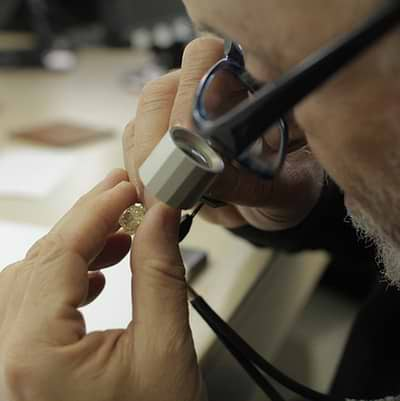
Was ist ein simulierter Diamant? Vorteile, Nachteile und warum echte Diamanten lange halten
Published on December 01, 2024 in
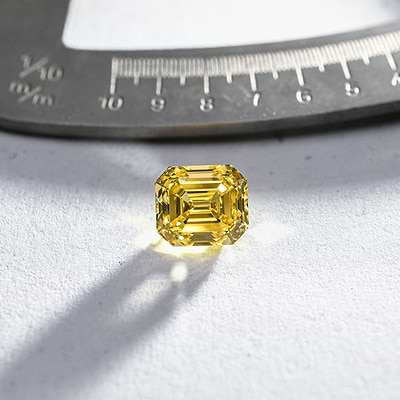
Was ist ein Herkimer-Diamant? Erkundung seines Wertes, seiner Verwendung und seiner Herkunft
Published on December 01, 2024 in
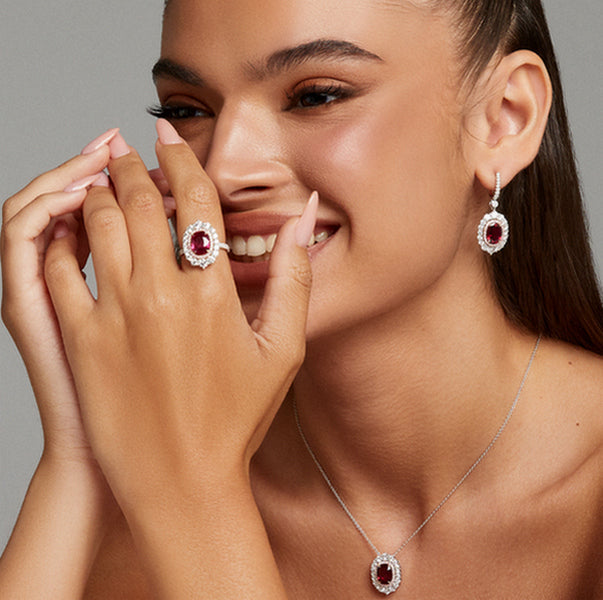
So erkennen Sie, ob ein Rubin echt ist: Testtechniken für Anfänger und Experten
Published on October 22, 2024 in
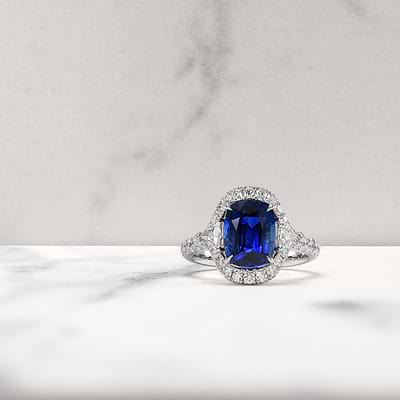
So polieren Sie Rohsaphir: Eine umfassende Schritt-für-Schritt-Anleitung
Published on September 03, 2024 in
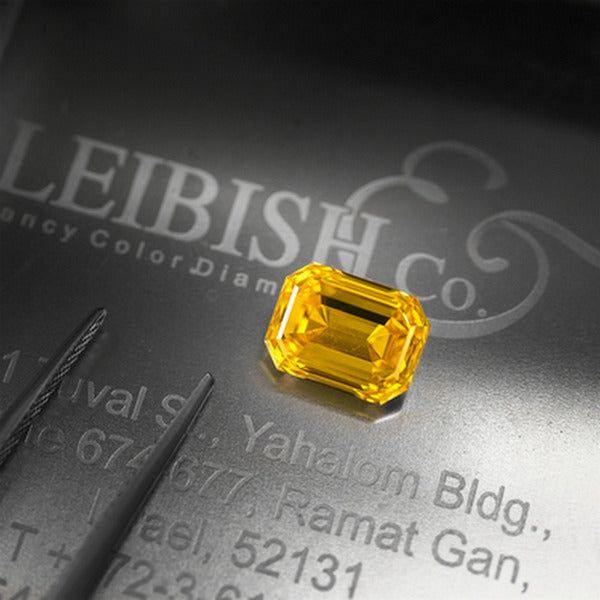
Veredelte Diamanten verstehen: Was sie sind, Bedeutung und Farbveredelungen
Published on September 02, 2024 in
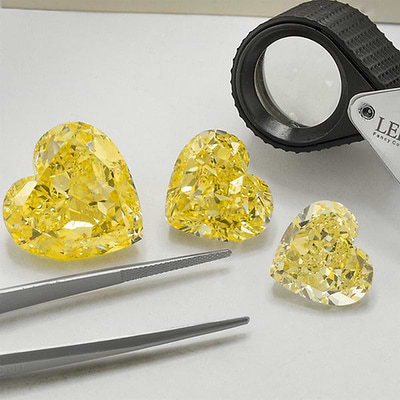
Untersuchung der Auswirkungen des Karatgewichts von Diamanten auf Größe, Kosten und Qualität
Published on August 28, 2024 in
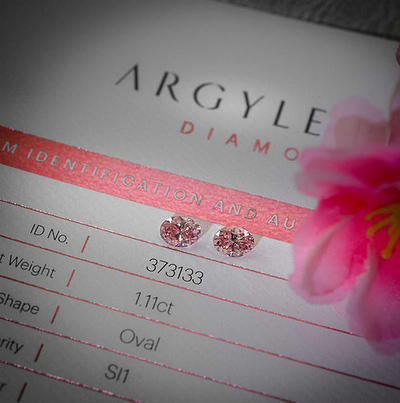
LEIBISH gewinnt 6 Diamanten bei der Ausschreibung für Argyle Pink Diamond 2011
Published on August 28, 2024 in
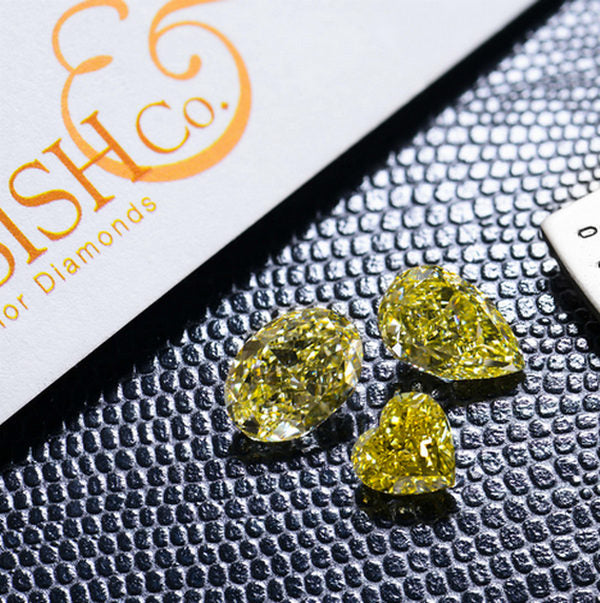
Was ist ein gelber Diamant? Der ultimative Leitfaden zu ausgefallenen kanariengelben Diamanten
Published on August 27, 2024 in
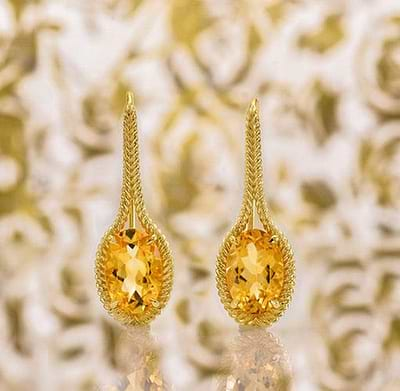
Entfesseln Sie die Magie: So reinigen Sie Edelsteinschmuck wie ein Profi!
Published on August 19, 2024 in
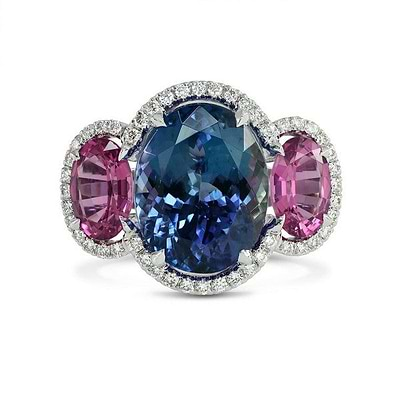
Lernen Sie den neuesten Spinell-Geburtsstein für August kennen – Sie werden seine atemberaubenden Eigenschaften nicht glauben!
Published on August 18, 2024 in
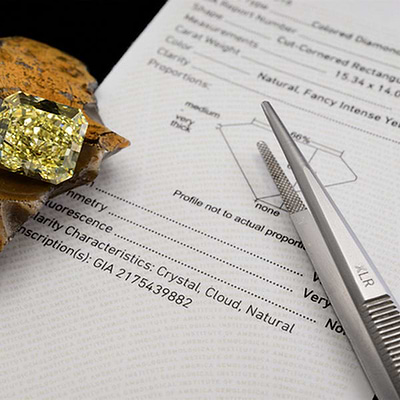
GIA-Zertifikatsprüfung - So verifizieren Sie die GIA-Diamantzertifizierung
Published on August 18, 2024 in
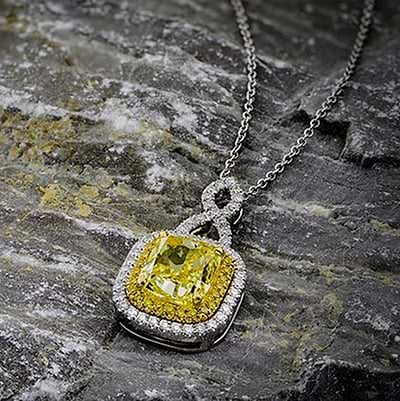
Geschichte des Diamantschmucks: Von antiken Talismanen bis hin zum Glamour
Published on August 18, 2024 in
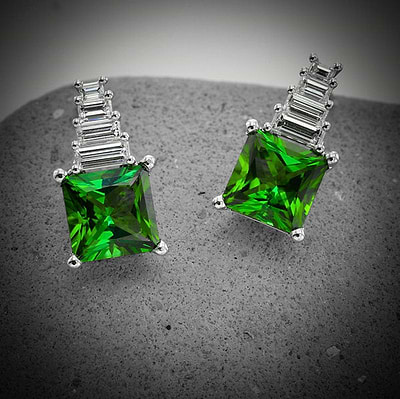
Turmalin – Häufig gestellte Fragen: Farben, Verwendung, Stile und mehr
Published on August 18, 2024 in
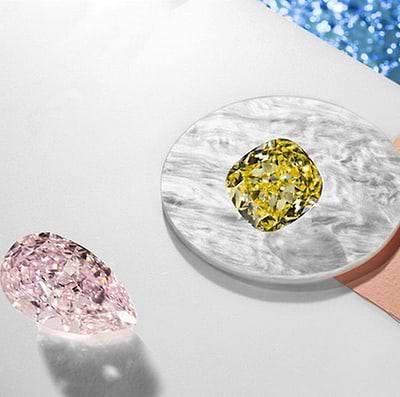
In Diamanten oder Gold investieren: Was ist wertvoller und lohnender?
Published on August 18, 2024 in
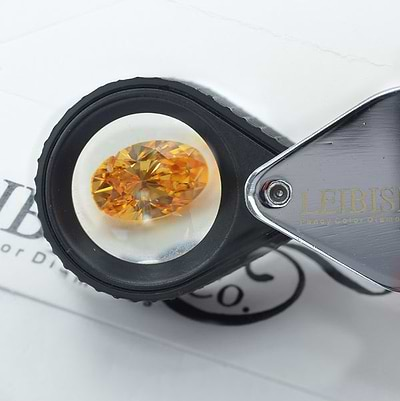
Entschlüsselung der Diamantbehandlung: Verbesserungen, Risiken und Verbraucherbewusstsein
Published on August 18, 2024 in
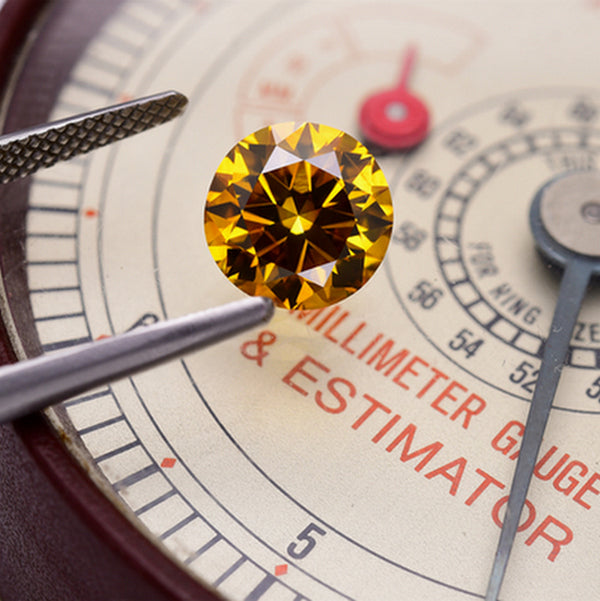
Woher kommen farbige Diamanten? Gelb, Blau, Rosa, Schwarz, Braun, Grün und Rot
Published on August 15, 2024 in
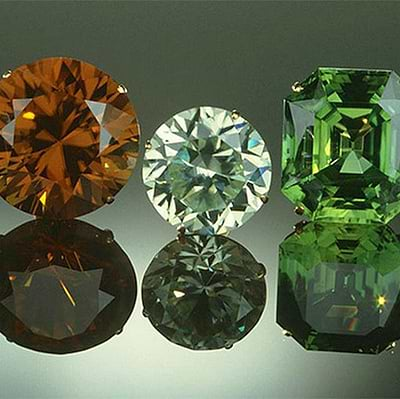
Häufig gestellte Fragen zu Zirkon: Was ist Zirkon, Zirkonfarbe und Schmuck
Published on August 14, 2024 in
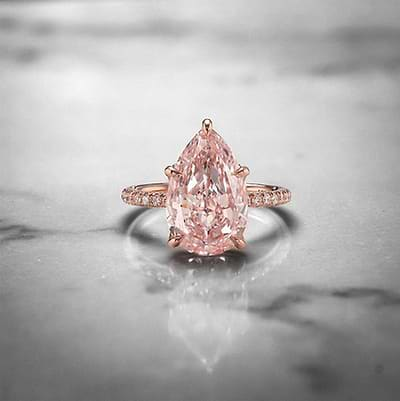
15-Dollar-Diamant vom Flohmarkt ist fast eine halbe Million Dollar wert
Published on August 14, 2024 in
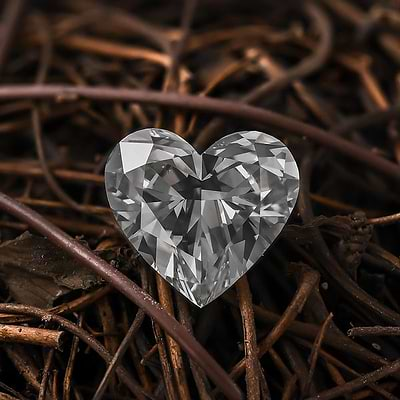
Scott Disick trauert ein Jahr nach seiner Verleihung des Ritterschlags um den Tod seiner Eltern
Published on August 14, 2024 in
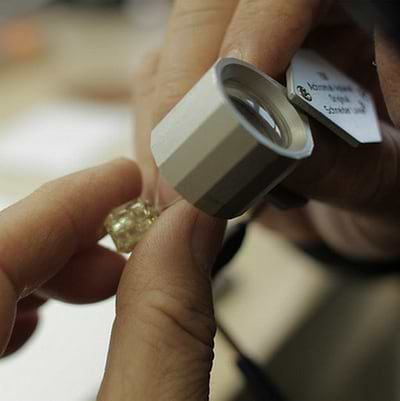
So erkennen Sie, ob ein Diamant echt oder gefälscht ist – Lassen Sie sich nicht täuschen!
Published on August 12, 2024 in

Sind farbige Diamanten echt? Und häufig gestellte Fragen zu farbigen Diamanten
Published on August 12, 2024 in
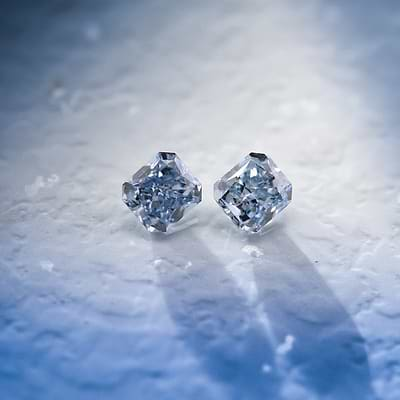
Alle Ihre Fragen zu blauen Diamanten werden von den Experten beantwortet
Published on August 12, 2024 in
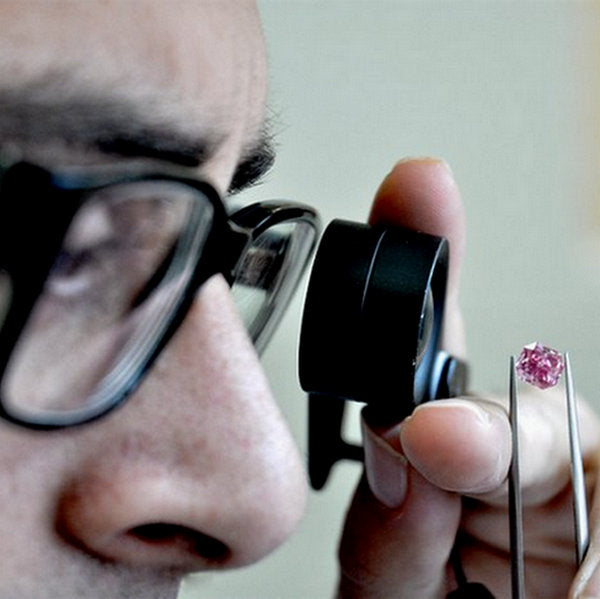
Der LEIBISH Prosperity Pink – 1,68 Karat leuchtender Argyle-Pink-Diamant
Published on August 12, 2024 in
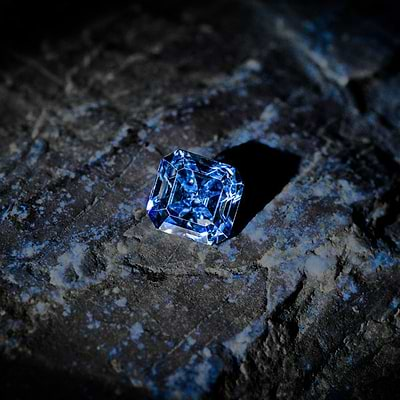
Entdecken Sie die berühmtesten und fabelhaftesten blauen Diamanten der Welt
Published on August 11, 2024 in
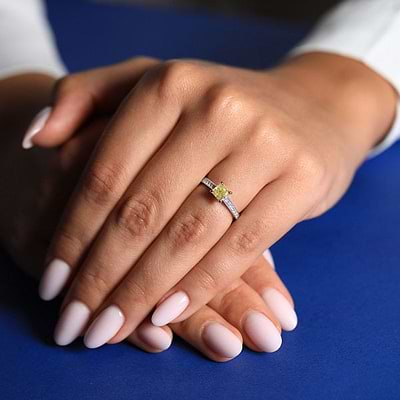
Würden Sie sich ein Piercing am Finger zulegen, anstatt einen Diamantring zu tragen?
Published on August 08, 2024 in
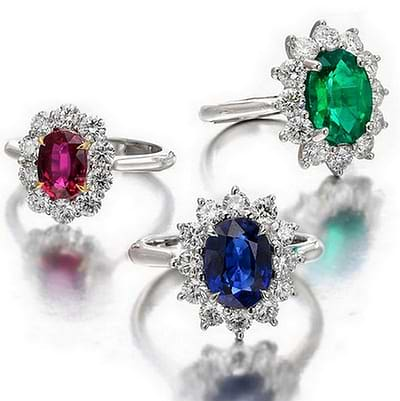
Was ist Ihr Geburtsstein? Lernen Sie den Stein Ihres Geburtsmonats kennen
Published on August 08, 2024 in
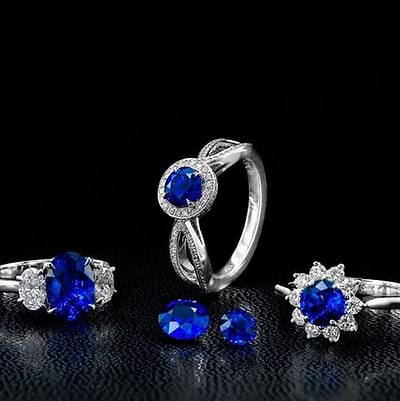
Farbwechsel bei Saphir-Edelsteinen im Vergleich zu Alexandrit-Steinen
Published on August 07, 2024 in
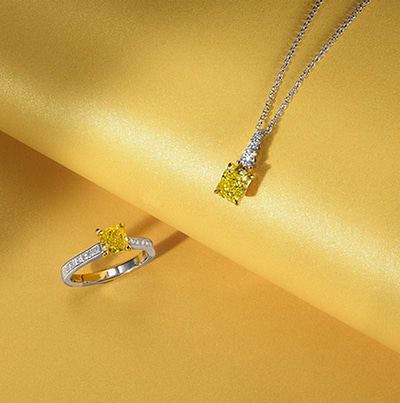
6 hausgemachte Tricks zum Reinigen von Schmuck, von denen Sie wünschten, Sie hätten sie schon immer gekannt
Published on May 23, 2024 in








